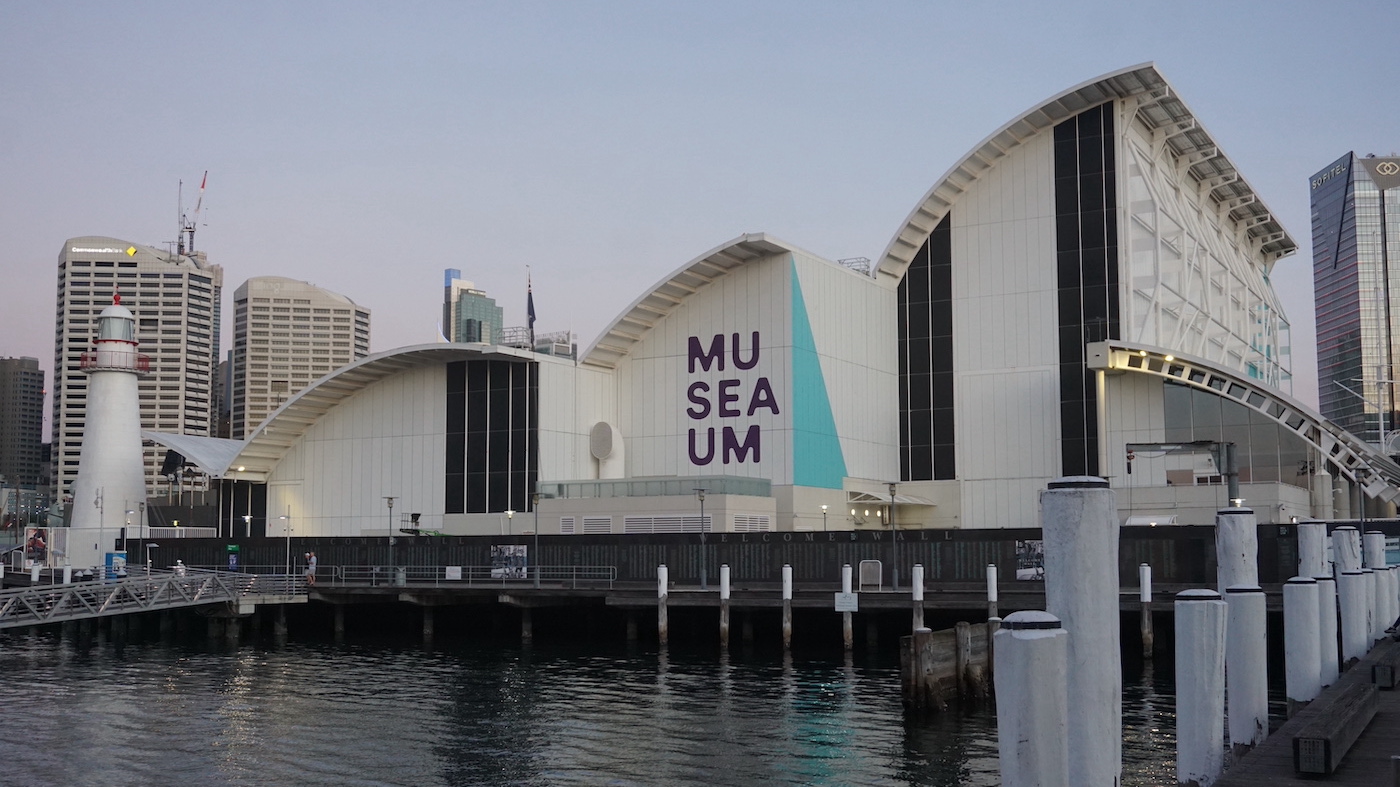

The Minns government’s four-day drug summit is set to take place in Griffith on Friday November 1, and there has been some discourse surrounding the barring of the media from most of the summit and the secretive nature of the event.
After Premier Chris Minns rejected the movement for decriminalising cannabis for personal use in July of 2024, there have been continuing parliamentary debates surrounding the topic.
There has not been a drug summit held since 1999 during Premier Bob Carr’s time in NSW parliament, where laws and regulations were passed that focused on treatment over punishment, especially for young Australians, during the time of Sydney’s heroin epidemic in the 1990s.
The 1999 summit also emphasised how the criminal justice system in Australia was failing to understand and address the nature of addiction, and put focus on methods of harm reduction for the first time, which included making access to rehabilitation programs and treatment centres cheaper and easier, and facilitated the construction of the first injecting centre in Kings Cross, a hotspot for drugs and other illicit activity at the time.
Calls for new drug summit over high cost of criminalising cannabis
People have been calling for another summit to try to push legislation, as the costs of criminalising cannabis are very high.
“Law enforcement related to cannabis alone costs Australia $1.7 billion annually – money that could be far better spent tackling serious crimes,” reads a report by the Pennington Institute.
Due to the immense cost, most of which comes from taxpayer money, NSW government MPs are petitioning and supporting a major legislative change within cannabis-related laws within the state that could lead to the legalisation of cannabis.
What legalisation would entail will come after the summit’s conclusion.
Three stages of cannabis legislation brought forward
Jeremy Buckingham, Legalise Cannabis MLC, has been campaigning on a platform of harm reduction, economic success, health and safety, and creating jobs within the sector.
“The committee has been persuaded that the current penal approach to cannabis is unduly punitive,” Buckingham wrote in a report for the premier and finance committee. The report included the support of three other government MPs who argued that the current system inflicted significant social harm with “no corresponding … benefits”.
“The data points unequivocally to the fact that ultimately complete legalisation of adult-use cannabis is the clearest and most effective option moving forward,” the report read.
The Legalise Cannabis Party is attempting to pass legislation in three stages, the first one modelled after the economic and social success of the ACT’s cannabis reforms.
The main takeaways from the proposed legislation so far are reducing the maximum penalty for cannabis possession from two years in prison to three months or reducing it to a fineable offence.
That includes reconsidering what law enforcement would consider a “traffickable quantity” and “small quantity” in order to protect those using cannabis for personal use.
Parliamentary interim report on cannabis reforms released
An interim parliamentary report from the NSW inquiry into the impact of the regulatory framework for cannabis has been released today (October 31) .
Findings from the report are wide-ranging, but include:
- Cannabis has a range of medicinal purposes, but more research is required to understand the full scope of its potential benefits.
- There are sufficient grounds to distinguish between supply for commercial gain and noncommercial supply of cannabis or gifting in cannabis related offences.
- Criminal prosecution of minor cannabis offences can cause considerable harms to the individual which is disproportionate to their actions.
- Searching of persons on account of a mere suspicion of the possession of a small quantity of cannabis is likely to be often unjustified and inconsistent with community expectations in a free society…
- Strip searches on individuals, especially young people, by police on suspicion of cannabis possession are problematic as they can cause significant psychological harm and disproportionately impact Aboriginal and Torres Strait Islander people and young people.
- That the criminal justice system related costs of cannabis criminalisation are unreasonably high.
- Criminal sanctions for minor cannabis offences do not deter individuals or the community from using cannabis.
NSW Council for Civil Liberties (NSWCCL) released a statement supporting the immediate implementation of both recommendations made in the interim report. “We urge the Minns government to seriously consider not only the recommendations, but the evidence and the findings of the inquiry that supports the decriminalisation of cannabis and the overall move towards viewing drug use as a health issue as opposed to a criminal justice issue,” reads the statement.
“The evidence is unequivocal. The criminalisation of cannabis does not prevent people from using drugs. Instead, what it does is stigmatise people against getting help and places them unnecessarily in contact with the police and criminal justice system,” said Lydia Shelly, Vice President of NSWCCL. ““The recommendations in the interim report are a bare minimum step that the Minns government should take in response to cannabis use. The war on drugs has failed and it’s high time to try a new approach.”
You can read the interim report from the NSW inquiry into the impact of the regulatory framework for cannabis here.










Leave a Reply